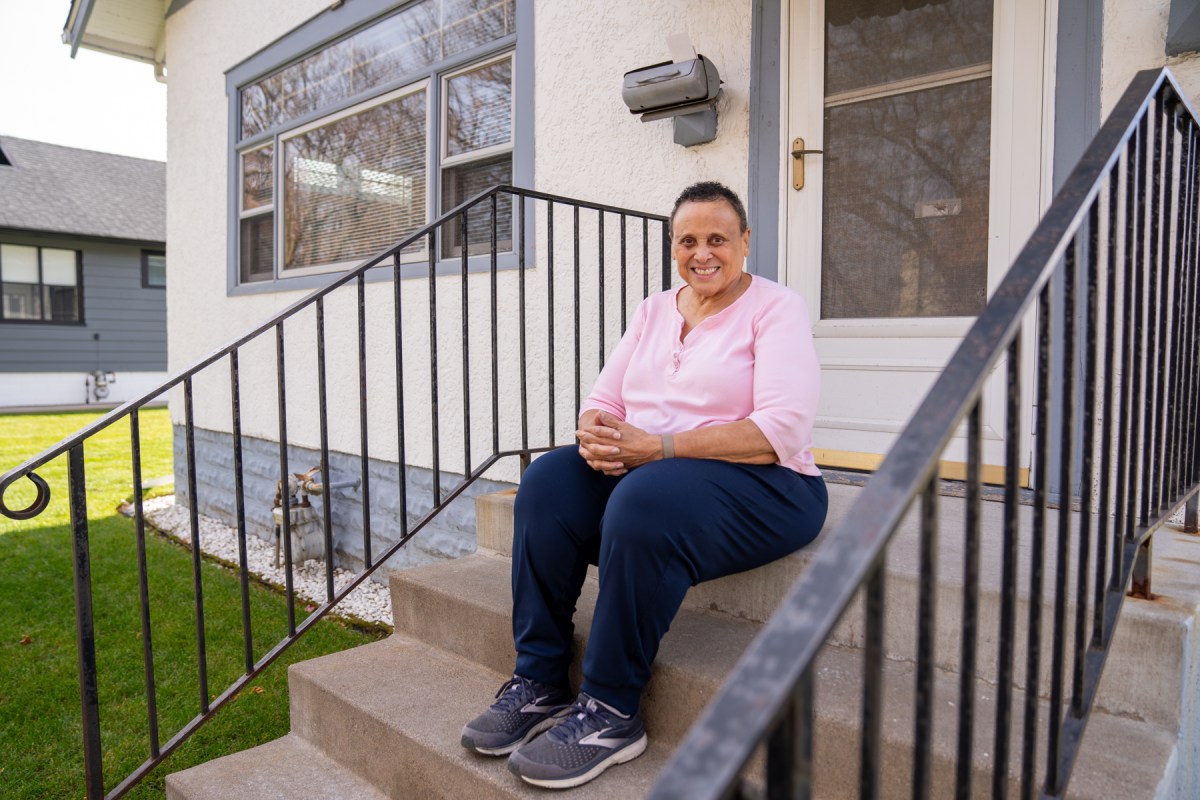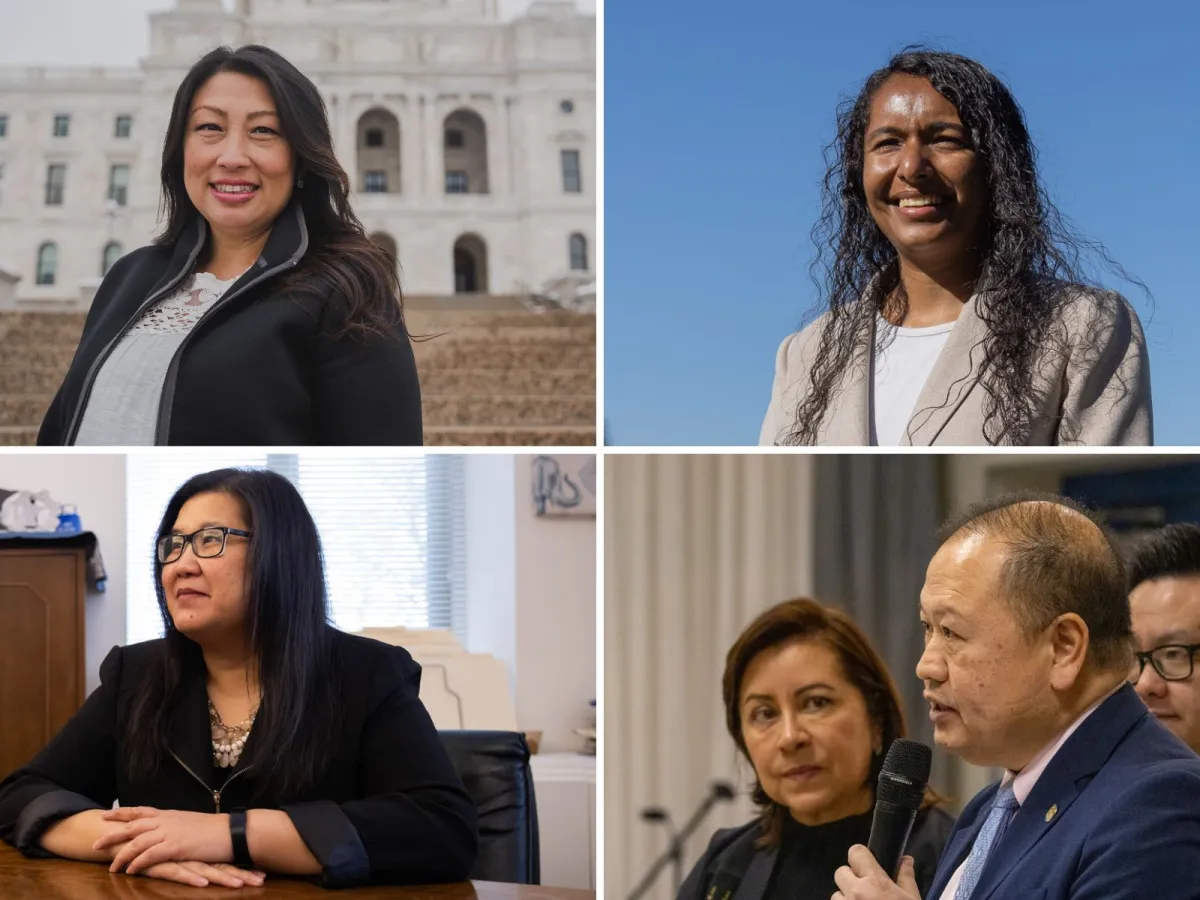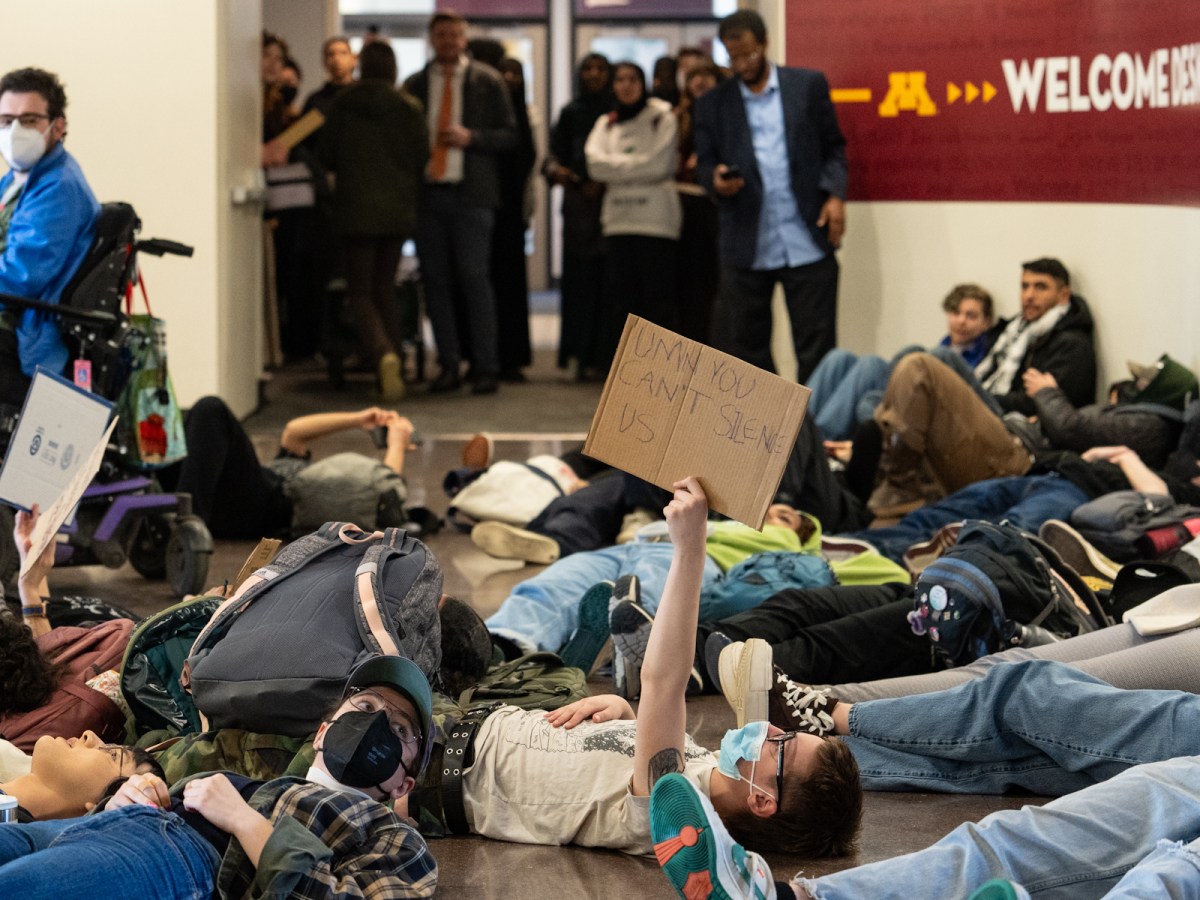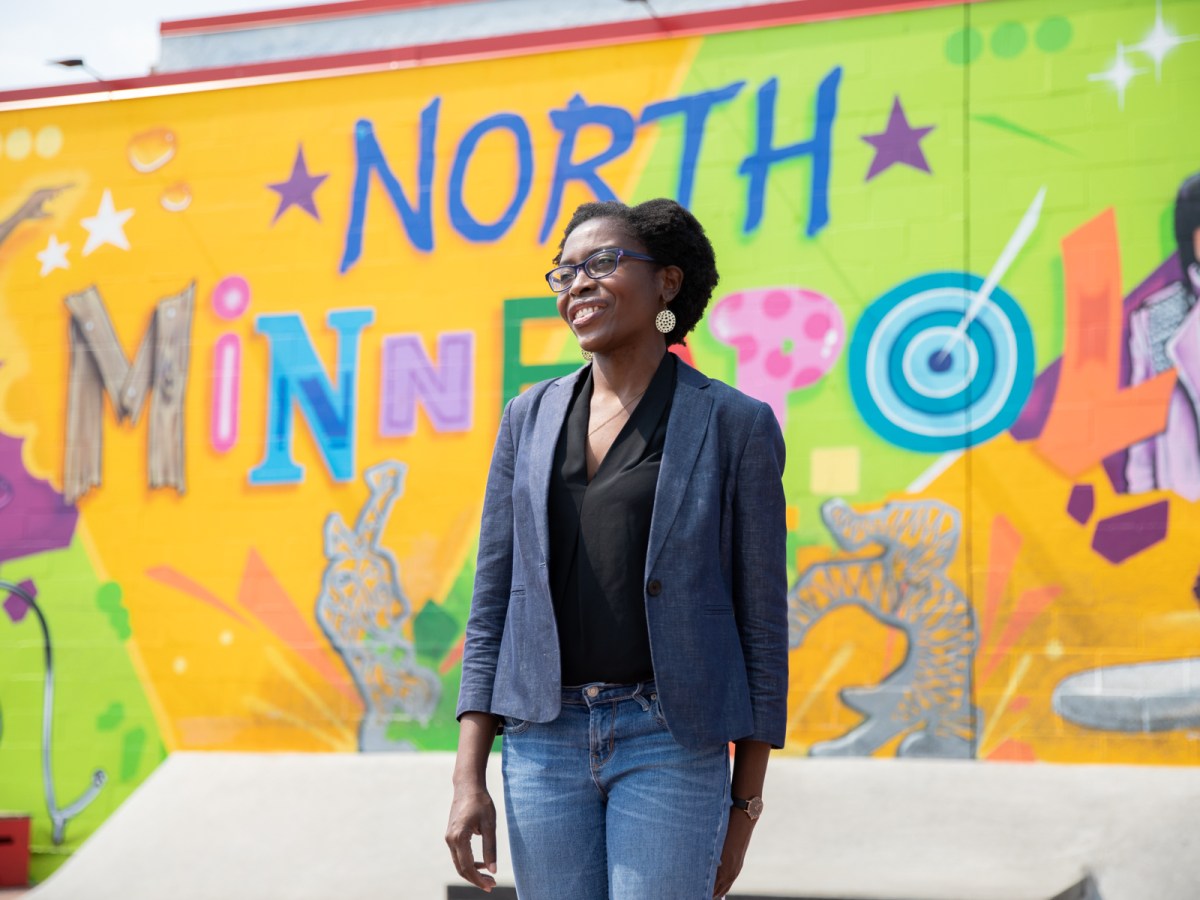Debbie Montgomery was the first Black woman elected to the St. Paul City Council when she served in the mid-2000s. It took nearly 20 years before she saw another Black woman elected to the council—St. Paul made history last week by electing an all-female council that’s also mostly people of color.
The new St. Paul City Council, which will be sworn in next January, is also believed to be the first all-female city council in a U.S. city of St. Paul’s size or larger. Some members of the new council, Montgomery and a University of Minnesota researcher who studies women in politics contribute the historic results to shifting demographics in St. Paul, dissatisfaction with the current political climate, and the mentorship of other female politicians.
“We’re honored to have that—to be a first,” Montgomery said. “But to be a first, has got to step up and show leadership, and hopefully that’s what we’re gonna get. They all seem to be bright and young, and hopefully they can work together to make the city a better place.”
Incumbents Mitra Jalali, Rebecca Noecker, and Nelsie Yang won reelection on November 7, and will be joined on the council next year by newcomers Anika Bowie, Saura Jost, Cheniqua Johnson, and Hwa Jeong Kim. Six of the seven identify as people of color.
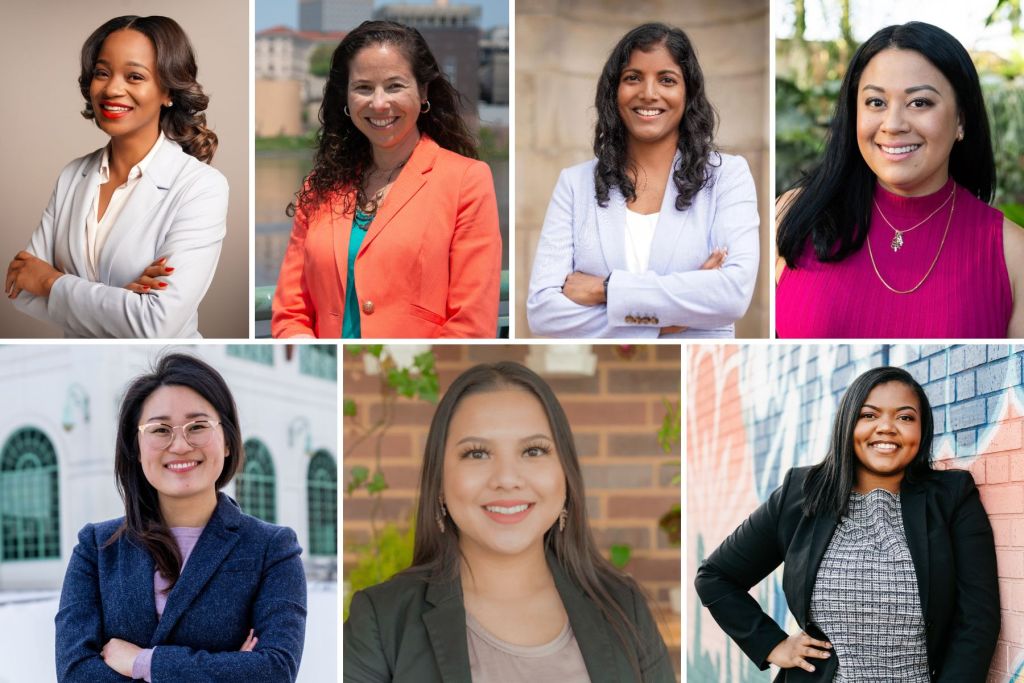
St. Paul’s election results are noteworthy in many ways, and are further proof of an ongoing trend towards more women in elected office, said Christina Ewig, director of the Center on Women, Gender and Public Policy at the University of Minnesota’s Hubert H. Humphrey School of Public Affairs. Ewig has been tracking elections in Minnesota since 2016, and has broadly researched state elections since 2000.
She said institutional support like endorsements from Women Winning and the DFL helped catapult some of the candidates to victory. Ewig also said the foundational groundwork of door knocking, fundraising, and engaging voters also helped.
“I was not surprised at the election results,” Ewig said. “The women that won have strong track records and ran savvy campaigns. Thus, before the votes were cast, I knew it was possible St. Paul could end up with an all-woman City Council.
“I don’t expect us to always have all women into the future, but it does follow this broader trend that we’ve been seeing in the state and other elected offices of more women running, more women winning.”
The fact that nearly all of the elected council members identify as people of color stands out as the biggest surprise for Ewig, who said it’s a drastic change from 2018 when there was only one woman of color—Jalali—on St. Paul’s first majority women City Council.
A new perspective
Montgomery, who represented Ward 1 on the City Council for four years, was a pioneer in St. Paul, where she joined the police department in 1975 as the first female patrol officer.
Montgomery said she persistently fought to bring senior housing and business development to some of the most-racially and economically diverse communities in St. Paul while she served on the council.
“It may be historic to have an all-women city council, but I hope that the values and things that women can bring to the table will be highlighted more than the history of an all-women’s council,” Montgomery said.
In a joint statement released last Friday, the newly elected council shared its “vision” for St. Paul for the next four years. Some of the priorities include reinforcing rent stabilization, investing in community safety programs, and expanding workers’ rights and protections.
Ewig said women tend to bring a new perspective to public policy, and that she looks forward to the new city council’s approach.
“We often see new things appear on political agendas when we have folks that have traditionally not been represented gain a seat at the table,” she said. “So, I think we may see some different issues that are raised by having an all-women City Council.”
Some council members echoed Ewig’s thoughts.
“I believe that we will intrinsically govern differently, because we understand the ways in which this body and government has systematically left people out,” Kim said. “And I also believe strongly that the women…have not just been running on their identities, but we have been so deeply connected to the conversations and our community members.”

Women Winning, a St. Paul-based organization that recruits, trains, and helps to elect pro-choice women in all levels of public office, endorsed all seven candidates who were elected.
“Women Winning has been working with these candidates from the very beginning of their campaigns, and it gives me goosebumps to think about all of their hard work culminating in something truly special and trailblazing,” said Britta Moen, Women Winning’s political director. “With this group of city councilors, we will see generational change for St. Paulities–from reproductive rights, to housing, to climate change, they will have our backs at every turn.”
Women supporting women
Jalali isn’t new to making history in St. Paul. In 2018, she was the only woman of color on the council. Her swearing in that year marked the first time women held a majority of the council seats—with four out of seven seats held by women, according to the Pioneer Press.
Now, Jalali said her biggest focus in the next few weeks is helping the newly elected council members successfully transition into their new roles.
The new council represents the new St. Paul, she said, and will be held to a high standard because of that.
“This incoming council is to the left of all of their predecessors, is more progressive than the previous one, and reflects our community more than ever,” Jalali said.
From 2011 to 2019, 43 percent of council members in St. Paul were women, according to the University of Minnesota’s Center on Women, Gender and Public Policy. The representation of people of color increased in 2019, when three council members of color were elected, according to the center.
Noecker said President Donald Trump’s election in 2016 also intensified divisions in the country, and sparked many women to run for office. According to the Center for American Women and Politics, which tracks historical data about women in U.S. politics, the midterm 2018 election broke nearly all records for major-party women candidates running for the U.S. House and Senate.
In a ripple effect, Noecker said, the women who were already in office mentored and helped others run for office as well.
“You know, the reason it was such a good ol’ boys club for so long is because those ol’ white boys knew good ol’ white boys, and then mentored them along the way. So once you have changed who’s on the council to begin with, you change the dynamic of who’s likely to step up and run,” Noecker said.
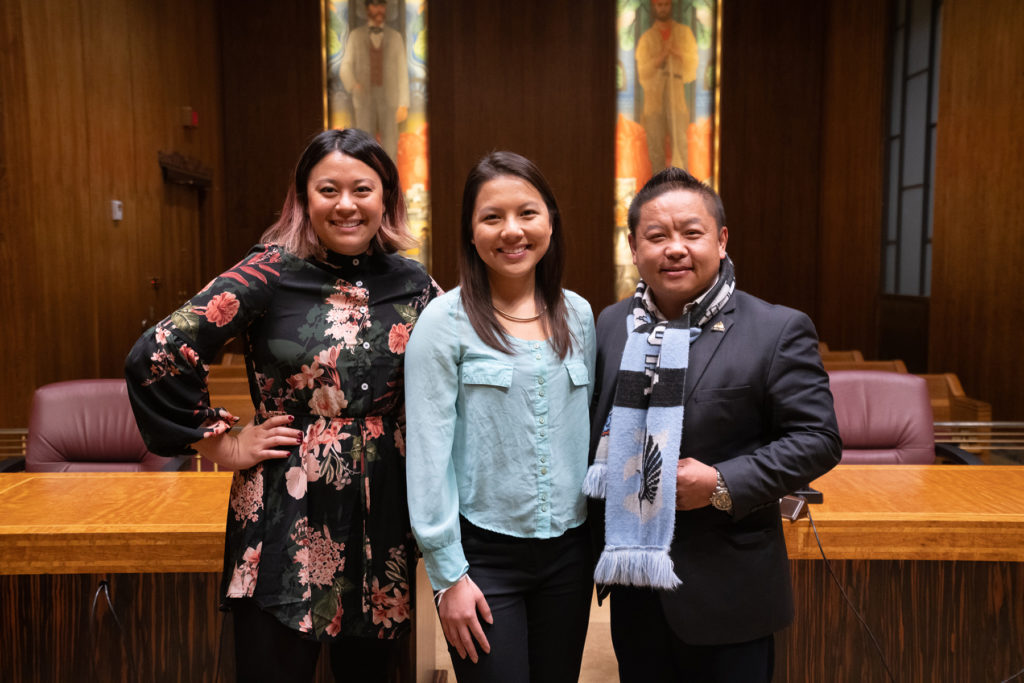
Seeing other women of color run for office encouraged Johnson and Kim to run for St. Paul City Council.
“I think slowly but surely, women are starting to see how much of a difference we can make when we step up and say, ‘Hey, I think I’d be a really good representative for our community,’” Johnson said.
Johnson cited Jalali and Rena Moran, the first African American woman to represent St. Paul in the Minnesota House of Representatives, as the source for some of her inspiration. Moran was elected into office in 2010 and served until 2022. She now serves on the Ramsey County Board of Commissioners representing District 4, which covers a large section of St. Paul.
Moran said it was “powerful” to see the representation on the elected St. Paul City Council. She said that five years ago, she wouldn’t have imagined it was possible to elect mostly women of color on the council.
“It’s overdue. I’m excited about this new opportunity for a government entity, like the City Council, to be represented by women,” Moran said. “It is important to have women of color represented in government, because we not only have professional experience, expertise, but we bring our lived experience and our communities we represent with us.”
The election results came after a concentrated effort among some of the campaigns to support each other. Bowie, Jost, Jalali, Kim, and Johnson all endorsed each other. Jost said it was important to help other St. Paul City Council candidates and get their endorsements because they’d all be working together once elected.
“It’s just such a great network of women in politics in the city of St. Paul and in Minneapolis, and it’s a small group,” Jost said. “Folks know each other, especially women of color, and it’s just us really encouraging each other from these past several years to run.”
After Kim declared victory at an election night party at her home in the North End neighborhood, she walked into Mike’s Tav on Snelling Avenue where Jost was awaiting results that were inconclusive at the time. She received a “big hug” from Jost.
“She just really put all of her stuff aside to have a moment to celebrate me,” Kim said. “And she had a much harder race, and that [hug] was very special to me. She’s been a very true friend.”
Jost was leading in the race for Ward 3 on election night, but didn’t declare victory until Wednesday, with nearly 49 percent of the first-choice votes.
Kim said they’ve texted or spoken to each other every day since they met earlier this year.
A young council
This year’s election also gives St. Paul its youngest council ever. The new council averages an age of 34, and ranges from 28 to 39. Jost said she also takes pride in seeing other adoptees like herself—3 total—elected to the council.
“We just bring such unique qualifications and expertise,” Jost said. “For me, I bring my civil engineering expertise, so a severe focus on our infrastructure.”
Noecker was elected to the City Council in 2015 as the first woman to represent Ward 2. She will be the oldest council member at 39. She will begin her third term next year, making her the longest-serving council member.
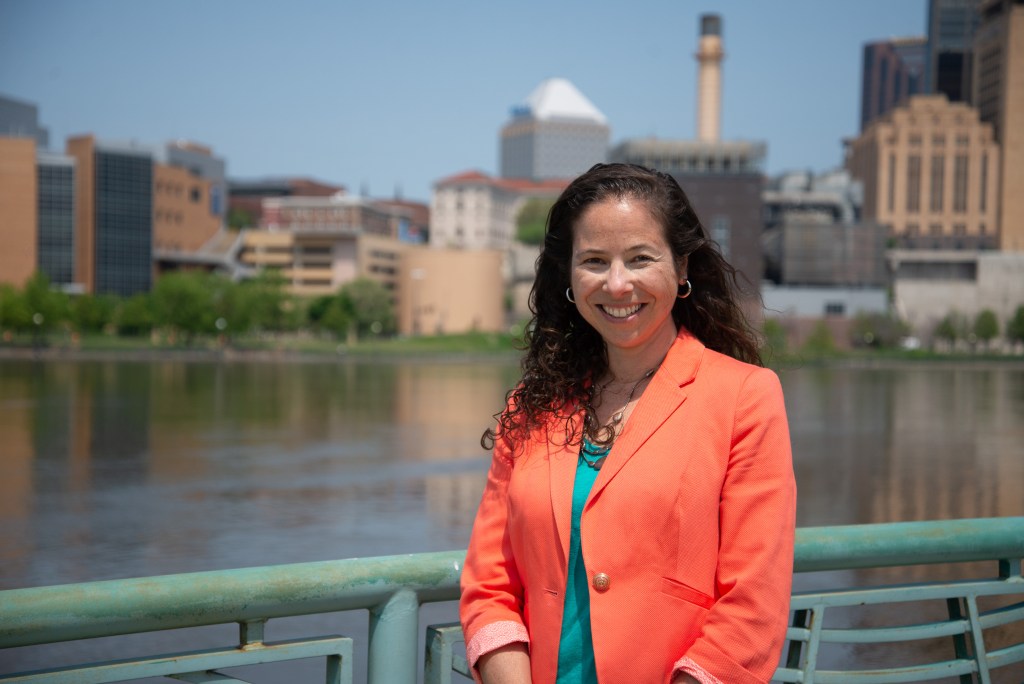
Noecker said she noticed a positive trend over the last two terms of more women and people from different races, ethnicities, and religious backgrounds joining the council. She is the only current council member who is Jewish, she added. (The new council’s statement issued last week said its members come from diverse “religious backgrounds,” but did not provide further details.)
“We started to get more and more diversity of all kinds, and that was a really positive trend, but we were still five women and two men” on the current City Council, she said. “It just seemed like it was likely there would always be some sort of a mixture, and then just starting to look at the candidate field this year, it was sort of an ‘Aha!’ moment for me, that ‘Oh my gosh, this could really happen.’”
Ewig, the University of Minnesota researcher, said St. Paul’s election results could inspire more women from diverse backgrounds to run in the future, which could cause more people to vote.
“When there is an identity tie, we know from the research on political candidates, that leads to greater political engagement by constituents,” Ewig said.



